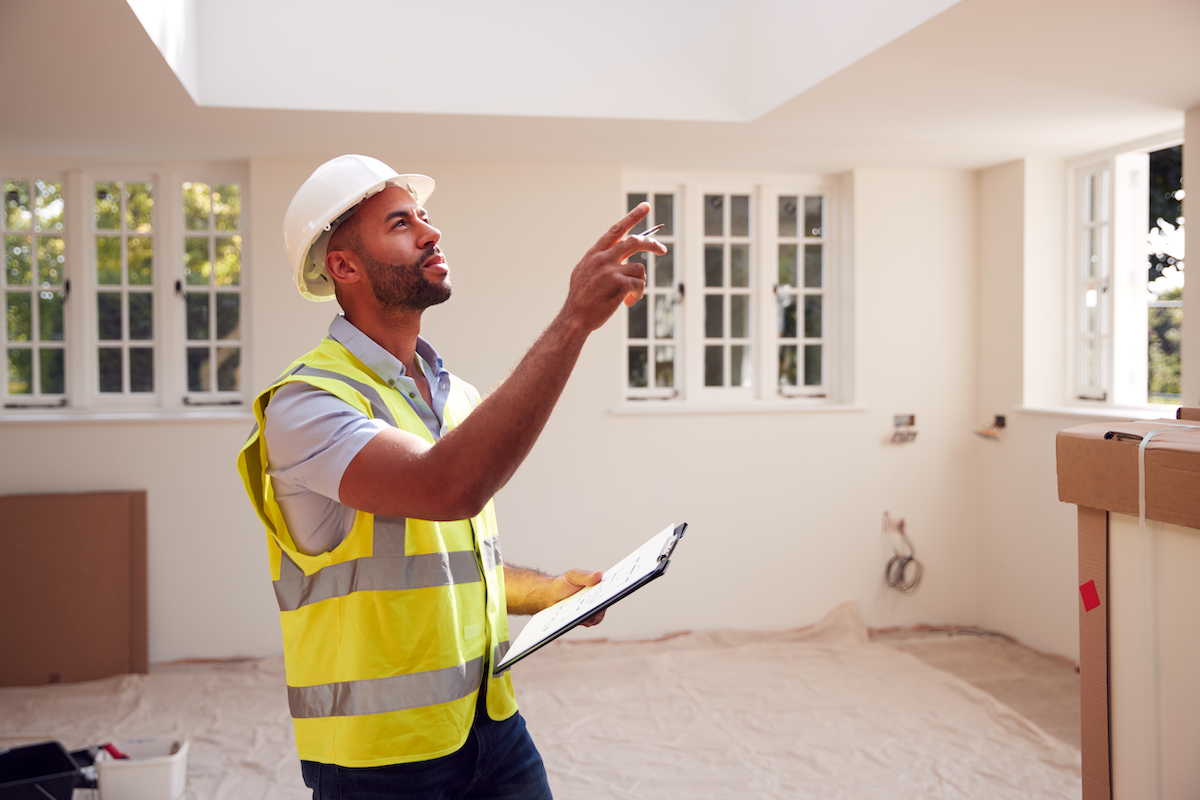Buying a home is an exciting journey, but it’s also one of the most significant financial decisions you’ll ever make. To protect your investment, it’s essential to have a qualified home inspector evaluate the property before you commit. A thorough inspection can uncover hidden issues that might otherwise go unnoticed, potentially saving you thousands of dollars down the road. But with so many options out there, how do you go about finding a qualified home inspector you can trust?
Why a Home Inspection is Important
A home inspection provides an in-depth assessment of a property’s condition, from the foundation to the roof. The goal is to identify any current or potential problems that could affect the home’s safety, value, or livability. Common issues uncovered during an inspection can include faulty electrical wiring, plumbing leaks, foundation cracks, roof damage, or even mold and pest infestations.
For homebuyers, a professional inspection offers peace of mind ensuring that there are no hidden surprises. For sellers, it can be a useful tool for identifying issues before listing, potentially speeding up the sales process addressing problems proactively.
What to Look for in a Qualified Home Inspector
When searching for a home inspector, it’s crucial to choose someone who is experienced, certified, and reliable. Here are the top factors to consider:
1. Licensing and Certification
In many states, including Tennessee, home inspectors are required to be licensed. Make sure the inspector you hire has the proper credentials and follows state regulations. A certified inspector will likely be a member of reputable industry organizations like the American Society of Home Inspectors (ASHI) or the International Association of Certified Home Inspectors (InterNACHI). These memberships require inspectors to adhere to strict standards of practice and ongoing education.
2. Experience and Specialization
Not all home inspectors have the same level of experience. Some may specialize in certain types of homes, such as older historic properties, new builds, or specific areas like roofs or HVAC systems. When interviewing inspectors, ask about their experience with homes similar to the one you’re considering. If you’re buying a 100-year-old home, you’ll want an inspector who knows what to look for in older properties, from outdated wiring to potential foundation issues.
3. Comprehensive Reporting
A good home inspector will provide a detailed report that outlines the findings of the inspection, complete with photos and descriptions. The report should be easy to understand and include recommendations for repairs or further evaluation. Ask to see a sample report from any inspector you’re considering to make sure it meets your expectations for thoroughness and clarity.
4. References and Reviews
Word of mouth is a great way to find a qualified home inspector. Ask friends, family, or your real estate agent for recommendations. You can also check online reviews on platforms like Google, Yelp, or Angie’s List. Look for inspectors who consistently receive positive feedback, particularly for their attention to detail, professionalism, and ability to explain their findings clearly.
5. Insurance and Warranties
A reputable home inspector should carry both liability insurance and errors and omissions (E&O) insurance. This protects you in the unlikely event that the inspector overlooks a major issue during the inspection. Some inspectors also offer warranties on their inspections, providing additional peace of mind that any missed issues will be addressed.
Questions to Ask Before Hiring a Home Inspector
Once you’ve narrowed down your options, here are a few key questions to ask before making your final decision:
- Are you licensed and certified to perform home inspections in my state?
- How long have you been inspecting homes, and how many inspections have you completed?
- Do you specialize in certain types of homes (e.g., older properties, condos, new builds)?
- What is included in your inspection, and how long will it take?
- Can I see a sample of your inspection report?
- Do you carry insurance, and what does it cover?
- Will you allow me to accompany you during the inspection to ask questions?
Attending the Inspection: Why It Matters
While you don’t have to be present during the inspection, it’s highly recommended. Walking through the home with the inspector gives you the chance to see issues firsthand and ask any questions that arise. A good inspector will not only point out problems but also explain what they mean and how severe they are.
For example, a small crack in the foundation may look alarming, but an experienced inspector can tell you whether it’s a normal sign of settling or a potential structural issue. Likewise, they can clarify which issues are urgent and which ones can be addressed over time.
The Cost of a Home Inspection
The cost of a home inspection typically ranges from $300 to $500, depending on the size of the home, its age, and the location. While it might be tempting to choose the cheapest option, remember that this is a critical part of your home-buying process. A more experienced inspector who charges a bit more may uncover issues that a less experienced one might miss, ultimately saving you money in the long run.
The Bottom Line: Do Your Homework
Finding a qualified home inspector is key to ensuring that the home you’re buying is a sound investment. By choosing someone with the right credentials, experience, and reputation, you can move forward with confidence, knowing that your home inspection will be thorough and reliable.
Do your homework, ask the right questions, and hire an inspector who will help you make an informed decision. After all, a home is more than just a building—it’s your future, and you deserve to know it’s built on a solid foundation.

